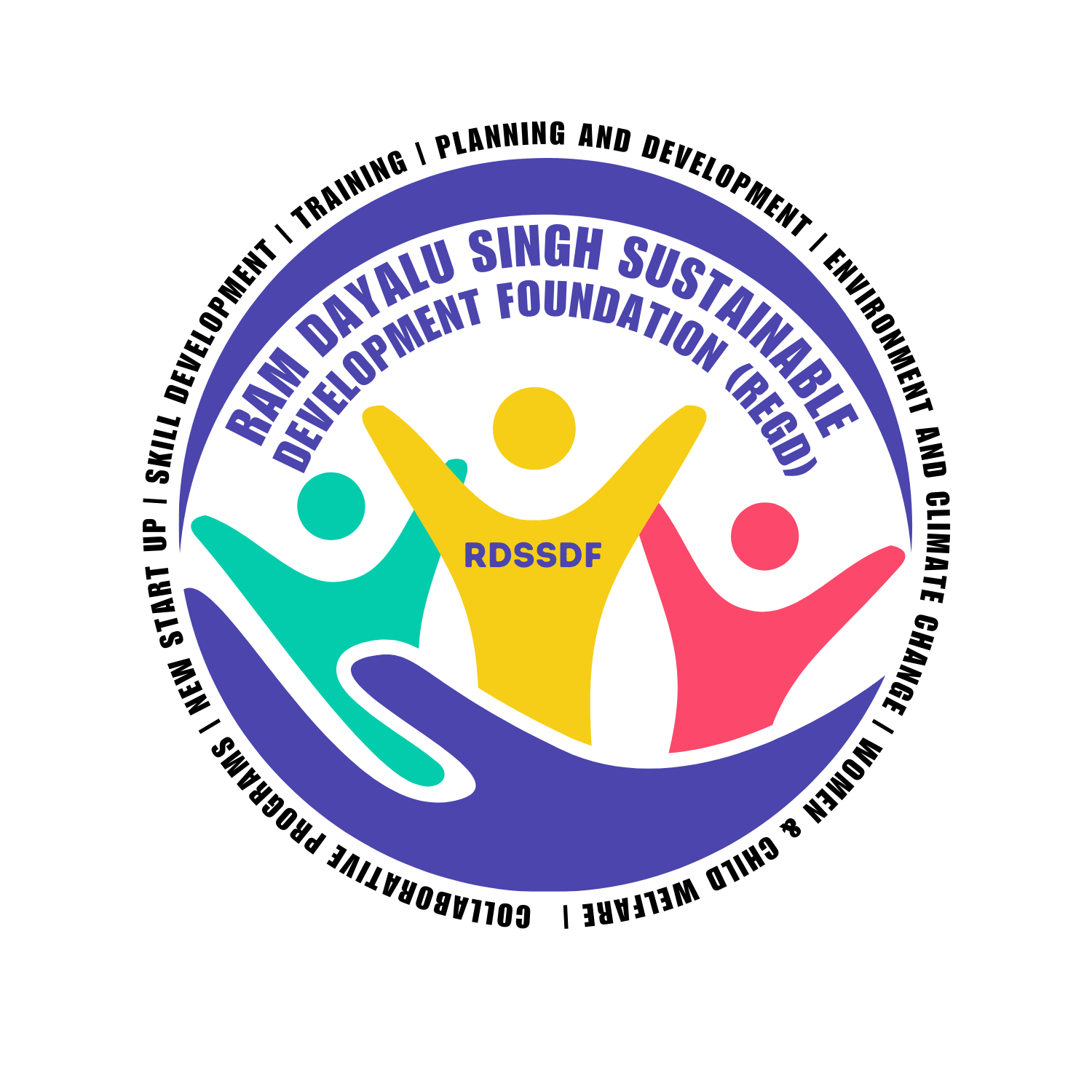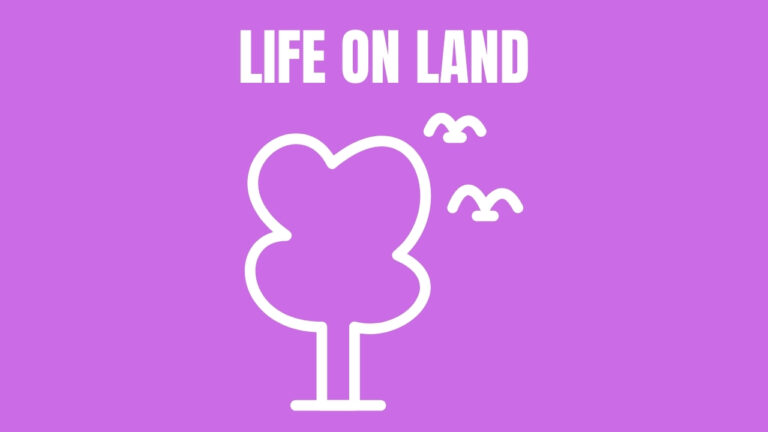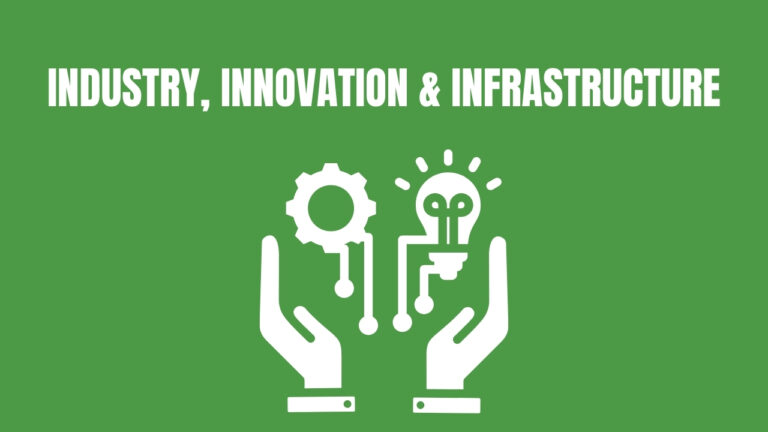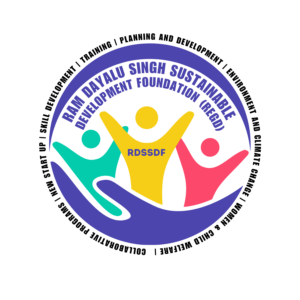Goal Overview
By 2030, ensure inclusive and equitable quality education and promote lifelong learning opportunities for all.
Key Targets and Indicators
- By 2030, ensure that all girls and boys complete free, equitable, and quality primary and secondary education leading to relevant and effective learning outcomes.
- Indicator: Proportion of children and young people at the end of primary and lower secondary achieving at least a minimum proficiency level in reading and mathematics, by sex.
- By 2030, ensure that all girls and boys have access to quality early childhood development, care, and pre-primary education so that they are ready for primary education.
- Indicator: Participation rate in organized learning (one year before the official primary entry age), by sex.
- By 2030, ensure equal access for all women and men to affordable and quality technical, vocational, and tertiary education, including university.
- Indicator: Gross enrolment ratio for tertiary education, by sex.
- By 2030, substantially increase the number of youth and adults who have relevant skills, including technical and vocational skills, for employment, decent jobs, and entrepreneurship.
- Indicator: Proportion of youth and adults with information and communications technology (ICT) skills, by type of skill.
- By 2030, eliminate gender disparities in education and ensure equal access to all levels of education and vocational training for the vulnerable, including persons with disabilities, indigenous peoples, and children in vulnerable situations.
- Indicator: Parity indices (female/male, urban/rural, bottom/top wealth quintile, and others such as disability status, indigenous peoples, and conflict-affected, as data become available).
- By 2030, ensure that all youth and a substantial proportion of adults, both men and women, achieve literacy and numeracy.
- Indicator: Literacy rate of youth (aged 15-24 years) and adults.
- By 2030, ensure that all learners acquire the knowledge and skills needed to promote sustainable development, including, among others, through education for sustainable development and sustainable lifestyles, human rights, gender equality, promotion of a culture of peace and non-violence, global citizenship, and appreciation of cultural diversity and of culture’s contribution to sustainable development.
- Indicator: Extent to which (i) global citizenship education and (ii) education for sustainable development, including gender equality and human rights, are mainstreamed at all levels in (a) national education policies, (b) curricula, (c) teacher education, and (d) student assessment.
Strategies and Actions
- Strengthen educational infrastructure: Invest in building and upgrading educational facilities that are child, disability, and gender-sensitive and provide safe, non-violent, inclusive, and effective learning environments for all.
- Improve teacher quality: Ensure that teachers are well-trained, qualified, and supported, and promote continuing professional development.
- Promote inclusive education: Develop policies and programs that ensure equal access to education for all children, particularly the marginalized and disadvantaged.
- Enhance early childhood education: Expand access to quality early childhood education programs to prepare children for primary education.
- Integrate ICT in education: Leverage information and communication technology to enhance learning experiences and provide more flexible learning opportunities.
FAO Actions to Support Monitoring
- Training programs: Provide training for educators and administrators on best practices in education and data collection.
- Technical assistance: Offer support for integrating education modules into national surveys and assessments.
- Guidelines and materials: Develop guidelines and materials for inclusive and equitable education.
- Expert meetings: Convene expert meetings to refine educational methodologies and indicators.
- Webinars and workshops: Host webinars and workshops to train national focal points on education data reporting and analysis.
Conclusion
Quality education is crucial for sustainable development. By ensuring inclusive and equitable access to education and promoting lifelong learning opportunities, we can empower individuals and communities, reduce inequalities, and drive economic growth. Working together, we can achieve a future where everyone has the opportunity to learn and thrive.





 Welcome to Ram Dayalu Singh Sustainable Development Foundation (RDSSDF), a beacon of hope and progress for the sustainable development of India. As a National Level Public Charitable Trust, it is dedicated to providing comprehensive support and innovative solutions.
Welcome to Ram Dayalu Singh Sustainable Development Foundation (RDSSDF), a beacon of hope and progress for the sustainable development of India. As a National Level Public Charitable Trust, it is dedicated to providing comprehensive support and innovative solutions.